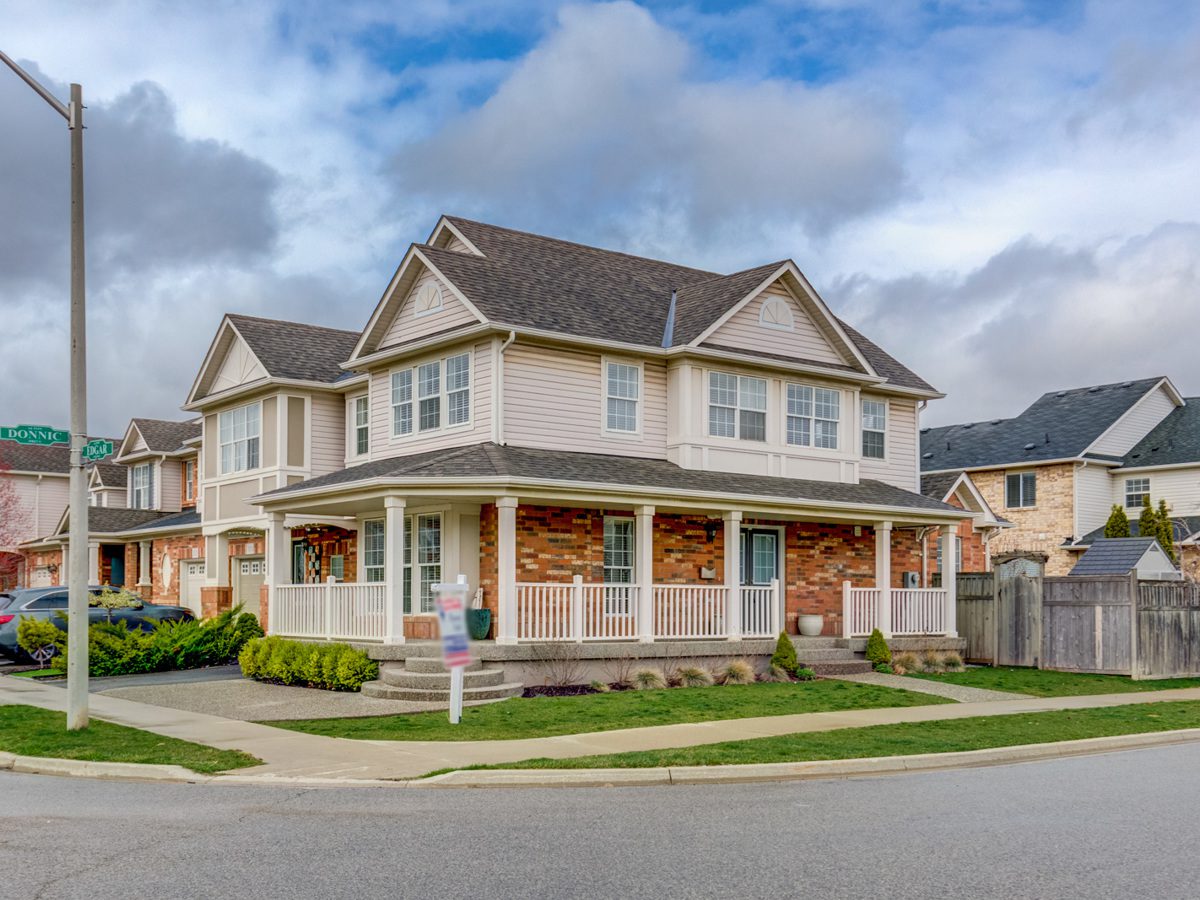November 24, 2023 | Selling
When Should You Change Your Price When Selling Your Home?

Is it ever a smart idea to change your price after your home is already on the market? It’s not a path most real estate agents want to take, but there are circumstances where it might become necessary. Some of these are within the homeowner’s control; others are related to the market and other events no one can foresee.
A compelling listing price is usually the biggest deciding factor in whether a house sells and for how much. While getting it right doesn’t guarantee a sale, the wrong price can set you up for a lot of unnecessary struggle and heartache. The only logical way to come up with a number is after careful consideration and analysis.
Everything must be taken into account, including the structure of the home, the size, any recent updates, and the location. In spite of these efforts, the market remains unpredictable and a certain amount of flexibility will be needed to get results. The trick is to know when to change your price and by how much.
In this post, we’ll take a look at a few scenarios that will help you pivot your strategy and give you the best chance of displaying a “Sold” sign sooner rather than later.
Avoid Pricing Changes Whenever Possible
An adjustment is sometimes necessary, but it’s something most real estate agents and homeowners will avoid if there’s any way to help it. Hitting the market at one price only to lower it later can have several undesirable consequences.
- It can appear that the homeowner is not well-represented or advised. This can embolden potential buyers to place lower offers in an attempt to negotiate.
- Overpricing can make a homeowner appear greedy or out of touch. In this case, the buyer may pass you by altogether.
- It can make potential buyers worry that there is a problem with the property. If it’s still on the market after so long, there must be a reason that people are avoiding it!
These are just a few reasons why you need to understand the current situation and set a price that is aligned with the market. A local real estate agent can help by pulling industry-specific reports to learn how many similar homes have sold in your area and what the final price was
Are you looking for more strategies to help maximize your sale in the current market? The resources below will help:
- What to Expect When Selling a House in Today’s Market
- What Happens Behind the Scenes in a Successful Home Sale?
- How to Choose a Real Estate Agent to Help Sell Your Home
Has the Market Shifted?
Common wisdom says to study the market before deciding on a price. This is all well and good during “normal” times. However, market shifts have become more frequent and have happened much faster over the past few years. It isn’t unheard of to list during a busy seller’s market, only to have conditions shift to favour buyers after the “For Sale” sign went up. How can this happen?
When you consider how interconnected the world has become, it isn’t surprising that what happens even on another continent can impact the real estate market here. High inflation or changing interest rates can also cause some buyers to step back, leaving less competition for those who remain. For those selling a home, conditions can become more challenging almost in a heartbeat.
These are just a few of the reasons a successful sale depends on the ability to analyze what is happening, while being flexible and having a strategy to fall back on.
Signs of a Change in Strategy
Most people hope for a fast sale once their house goes on the market. The faster it sells, the sooner you can stop worrying about every room being pristine. You’re free to move on to whatever your next goal is in your life.
There is also a financial motivation to sell your home quickly. Although there are no hard and fast rules when it comes to real estate, you usually will earn more by capitalizing on early interest.
A well-thought-out pricing strategy combined with comprehensive marketing should bring interested buyers to your door soon after your listing goes live. If your home presents well and they like what they see, offers should soon follow.
If your house is taking too long to sell, it may be time to consider adjusting your price. Signs that a pivot is necessary are that potential buyers are not calling or booking showings. If your open-houses are sparsely attended, that is another indicator that buyers find your price too high.
Where will you go after your sale closes? The posts below will give you something to think about:
- Your Guide to Oakville’s Outstanding Neighbourhoods
- Everything You Need to Know About Moving to Halton
A Timeline of a Successful Sale
Since a fast sale is one of the keys to earning top dollar, the “number of days on market” is a critical metric. The longer your home remains unsold, the more likely you are to need a price reduction or even pull it from the market altogether.
There is also a little psychology at play here. If the average home is on the market for 30 days and yours has been there for 60, buyers often start to believe they can get a lower price. At this point, getting fair market value for your home will be even more challenging.
The real estate market is complex, which means it’s almost impossible to pinpoint an exact timeline for how long it should take to sell your home. However, the following guidelines will give you a general idea of what to expect:
- Within 10 days to 2 weeks, you should have some interest in your home. Potential buyers should be scheduling in-person visits.
- Within the first 2 to 4 weeks, offers should be coming in. Whether it’s a trickle or a multiple offer scenario depends on the market, but you should see some activity by this point.
- If weeks go by without an offer, then something has gone wrong. It could be for any number of reasons, but the most likely culprit is the price.
The best time to change your price is never–because you got it right in the first place. However, the second best time is as soon as you realize something is off. If any of the above scenarios ring true, it is far better to act sooner rather than later to readjust your strategy.
Do you have questions about how much your home is worth or how to promote it in the current market? I am happy to talk strategy and help you craft a plan that works for you. Reach out today at 416-884-7925 or damir@damirstrk.com for more information.

Get GTA Market Updates Delivered
Sign up to receive my newsletter here and get regular updates about local market changes, the latest listings, and more insider information.




